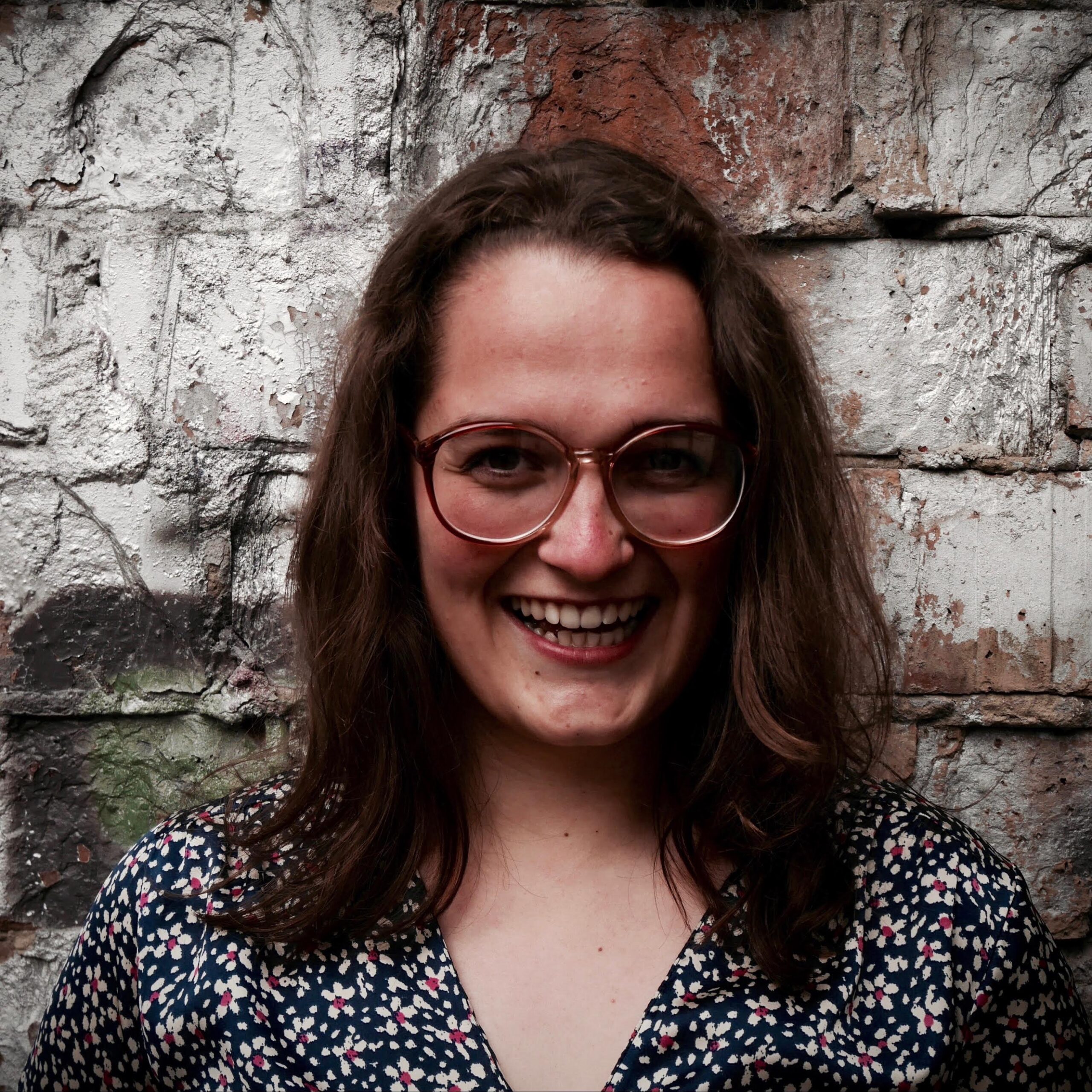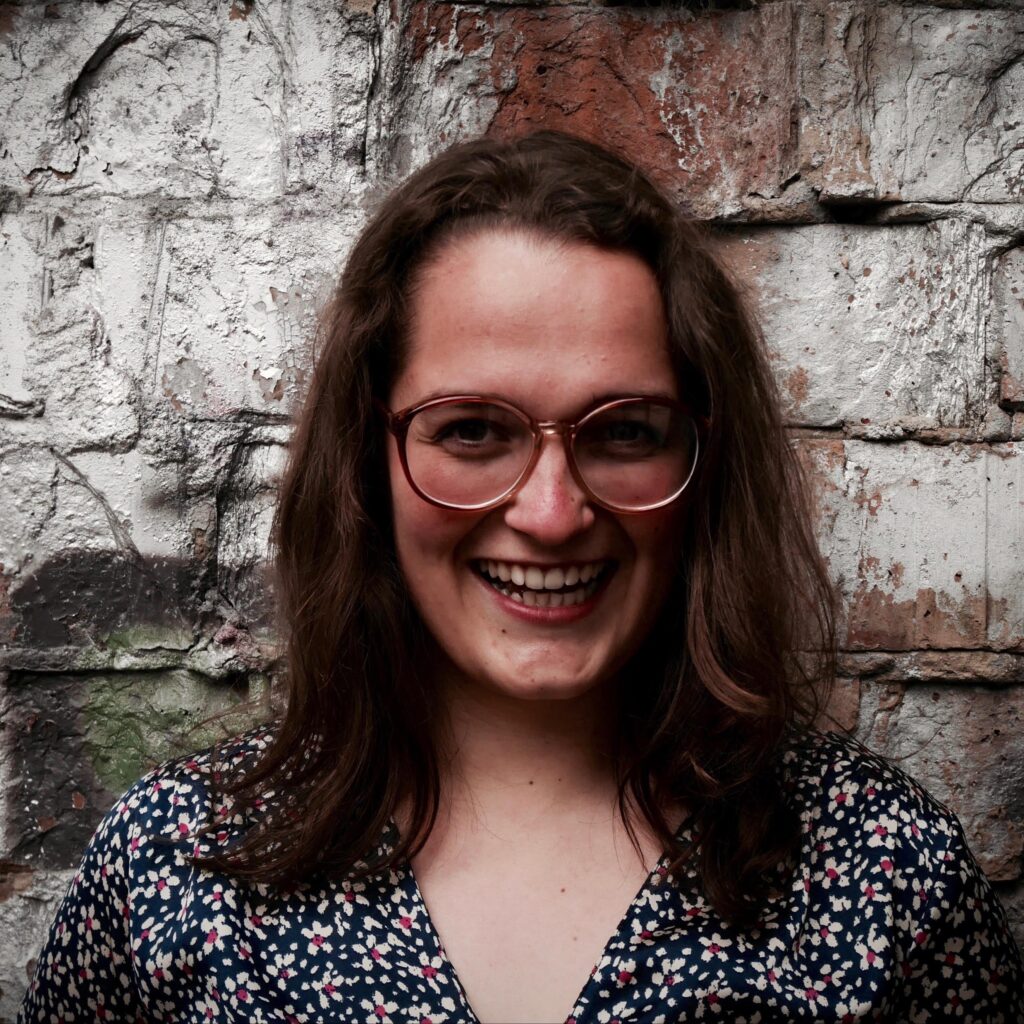
Svenia Busson is a member of Mangrove, “a global team of people who share the same values and collaborate towards personal growth,” as explains their website. Mangrove vas founded in 2016 to invent a new way to work, based on mutual assistance and freedom. Svenia Busson tells us more.
What are the origins of Mangrove? What need did it tackle?
We created Mangrove because we couldn’t picture ourselves in any career path that laid ahead of us, who were all graduating from business or engineering schools, be they in corporate companies, in start-ups or in lonely freelance work.
So we thought of creating our own way to work, which is based on the need to work collectively. We each work on our own missions and jobs — most of us are freelancers –, but within an ecosystem of people who help each other. Mangrove was founded on three main values that were extremely important to us: benevolence, freedom and transparency. It was fundamental that there be no competition and that we were free to work when and with whom we wanted.
What does this way to work look like in real life?
There is not one day similar to the next. We spend a fifth of our time on Mangrove, developing the community, and the rest on our jobs. Actually, our time is divided in three parts: the work for Mangrove, our jobs, and the fun part. Because it’s very important to take time for oneself and to develop.
How many are you today?
Mangrove was launched by five guys and I arrived shortly after. At some point we were 120 in the community, but we are now in the middle of rethinking Mangrove and we are only 40 people today. We used to have Mangrove Builders who animated the community and designed products, and Mangrove Friends who shared our values but didn’t do anything. Today we only want people who are extremely committed and ready to give their time, energy and passion. So have let go of Mangrove Friends and encourage the members of the community to get involved.
We are trying to build hubs everywhere in the world to foster concrete connections. For instance, right now, there are five highly motivated people who are launching a hub in Berlin. That being said, a lot of us are digital nomads who travel a lot and are not really based anywhere. But we have a lot of members in Europe and a few in the United States and in Asia.
How do you manage to work together?
We created several tools to work efficiently together, but also to feel better. For instance, for our core team, we developed a tool called Rachid that asks us every day how we feel with our work and what we want to share with others. It allows us to know how everyone on the team feels, even if we are not together physically. We can follow everyone’s evolution. We also designed a peer to peer learning tool that is open to the whole community: every month, it asks you about what you want to learn and what you want to teach. Then our algorithm matches people so they can meet and bond. So Mangrove is not just about people having fun! We are builders, we make things. In fact, we have sold Rachid to RTE, a big electricity company, where 100 people use it. It’s beautiful to see that we have created tools that have an impact elsewhere.
On top of that, we organise retreats every three months: we all rent a house together and we spend three weeks there, so we can work on our projects in a different setting. It’s a collective momentum with people who are very motivated and have different skills, so we help each other out. It really is work! It’s a way of life that we enjoy very much and from which we learn a lot. And it makes us three times more efficient.
How do you see work evolving, including in more “classic” companies?
Work is transforming: it focuses more and more on the people. There are so many things that the machines will be capable of doing that we kind of have to put back the people at the center of everything. That’s also why benevolence is so important. Change needs to come from the managers who accept to loose their power and their hierarchical position. Managers must guarantee trust so that people dare to innovate and think outside the box. We are very inspired by Simon Sinek’s book, Leaders Eat Last, in which he explains how the managers can change the company culture. This cultural transformation is key.
What do you hope for the future of Mangrove and of work?
Actually, our current approach to rethink the whole model of Mangrove is based on the fact that we do not want to focus on the future of work anymore. We want to be an ecosystem of people who are ready to help each other and live collectively. We focus much more on the people, on knowing how others feel. We want to spend more time on the community and do less things outside of it. We will keep developing to facilitate mutual assistance. Our goal is the personal growth of our members. That every person who passes through Mangrove experiences a great development and comes out stronger.
Relive her speech at the 11th WFRE on the Collection

